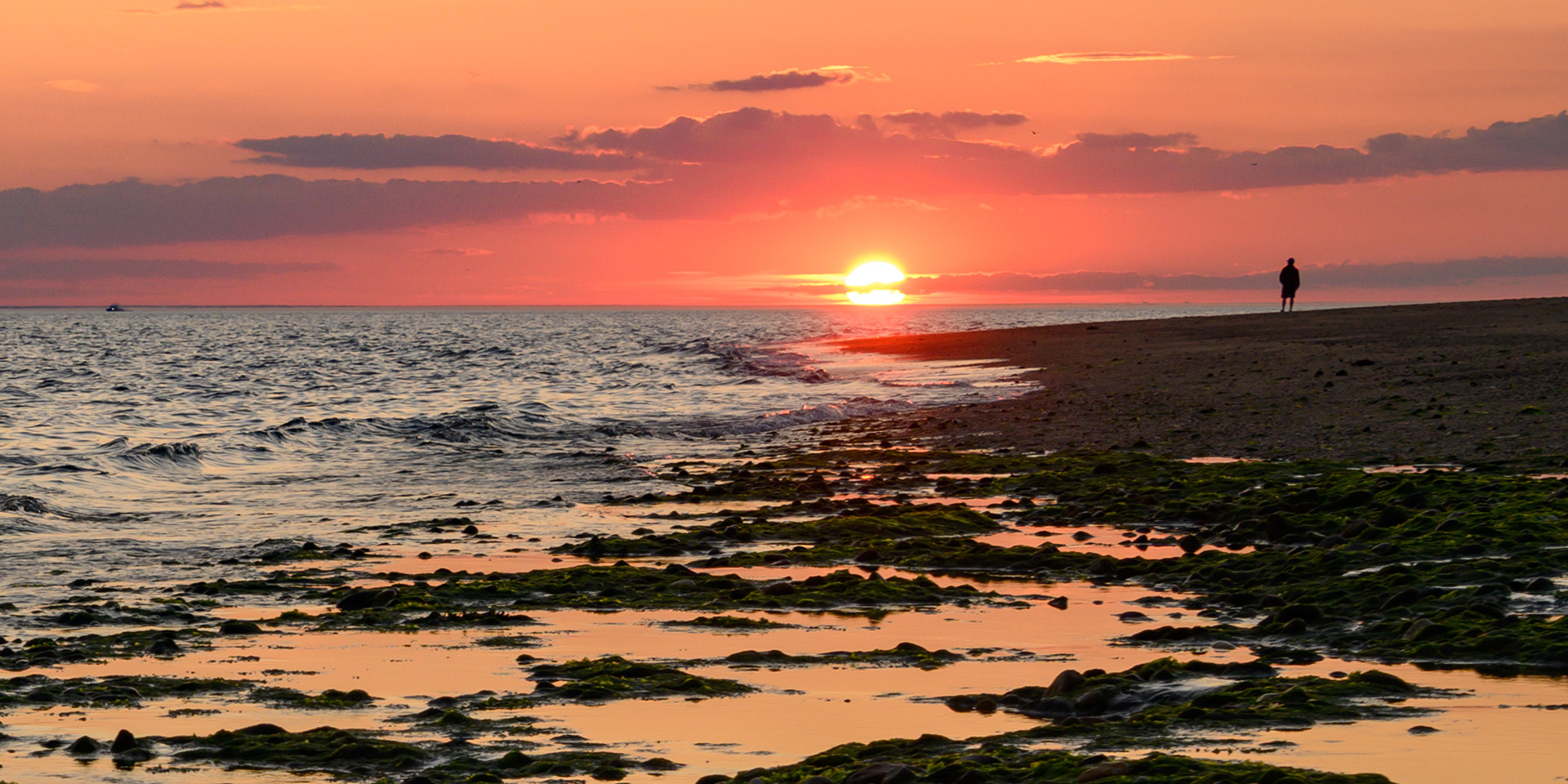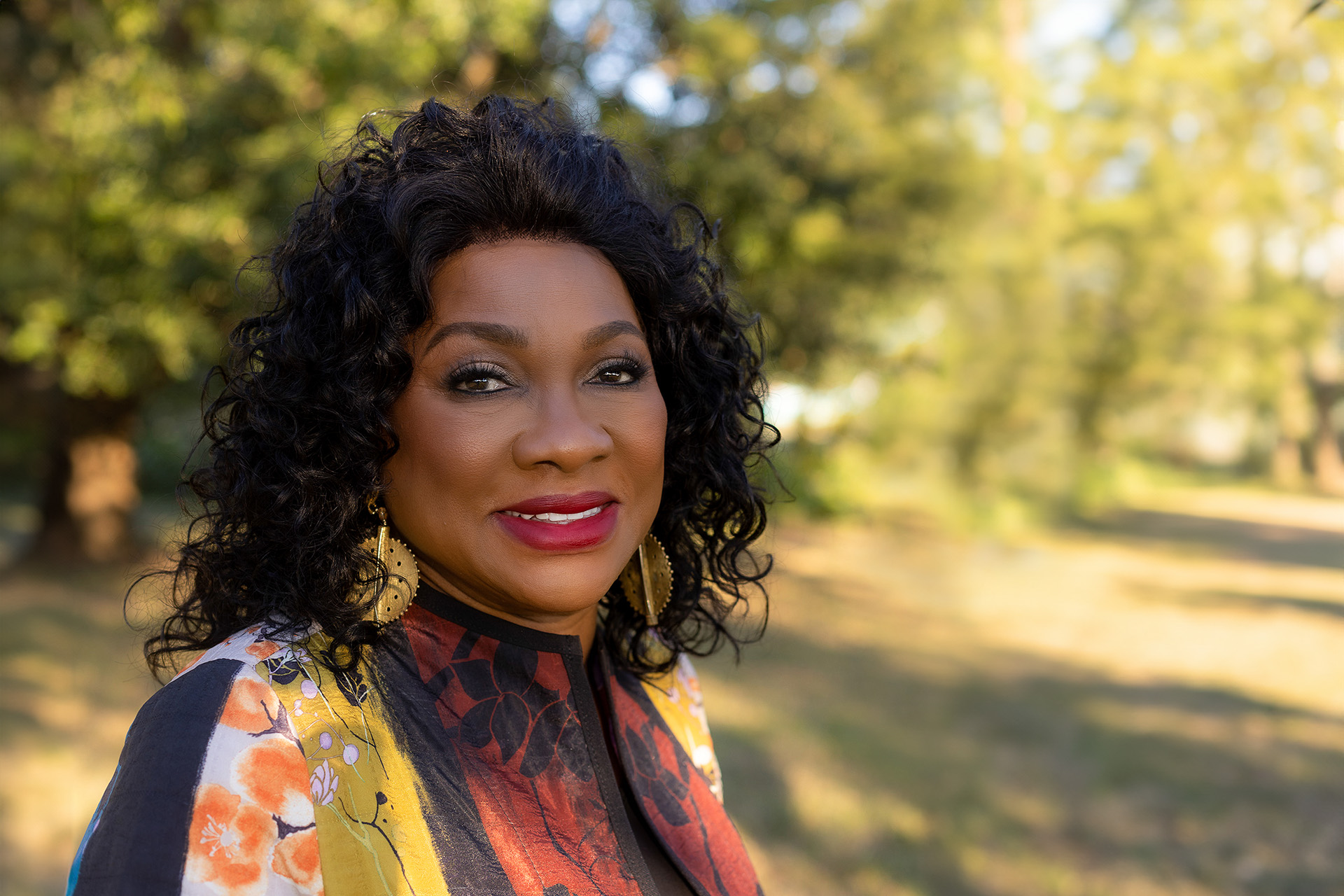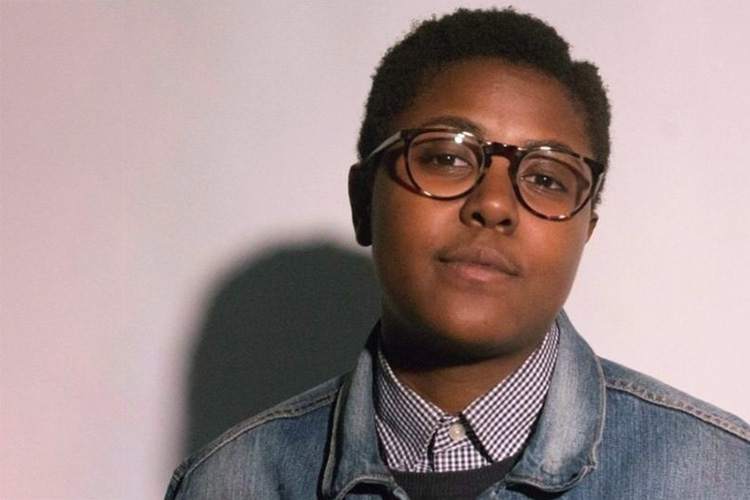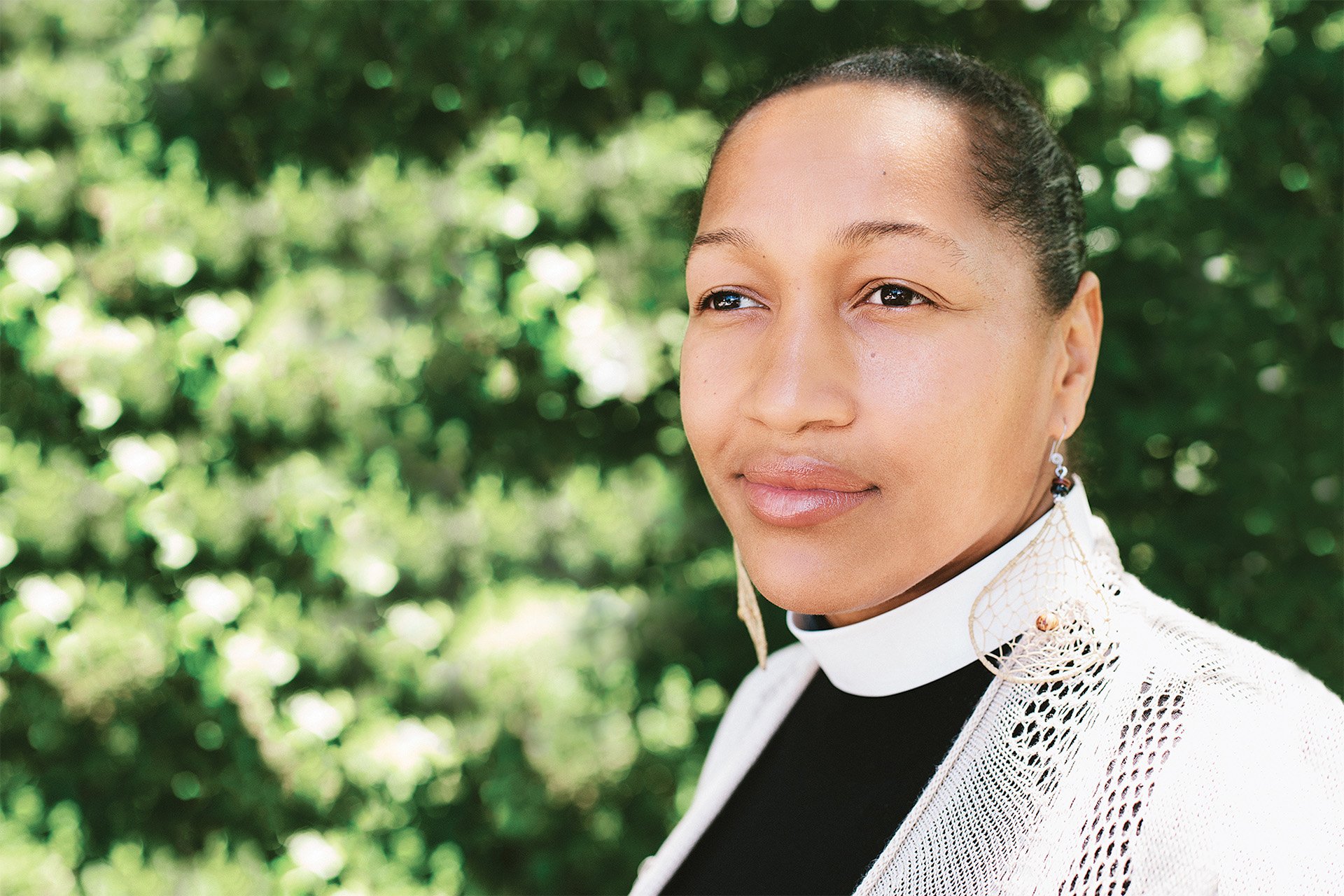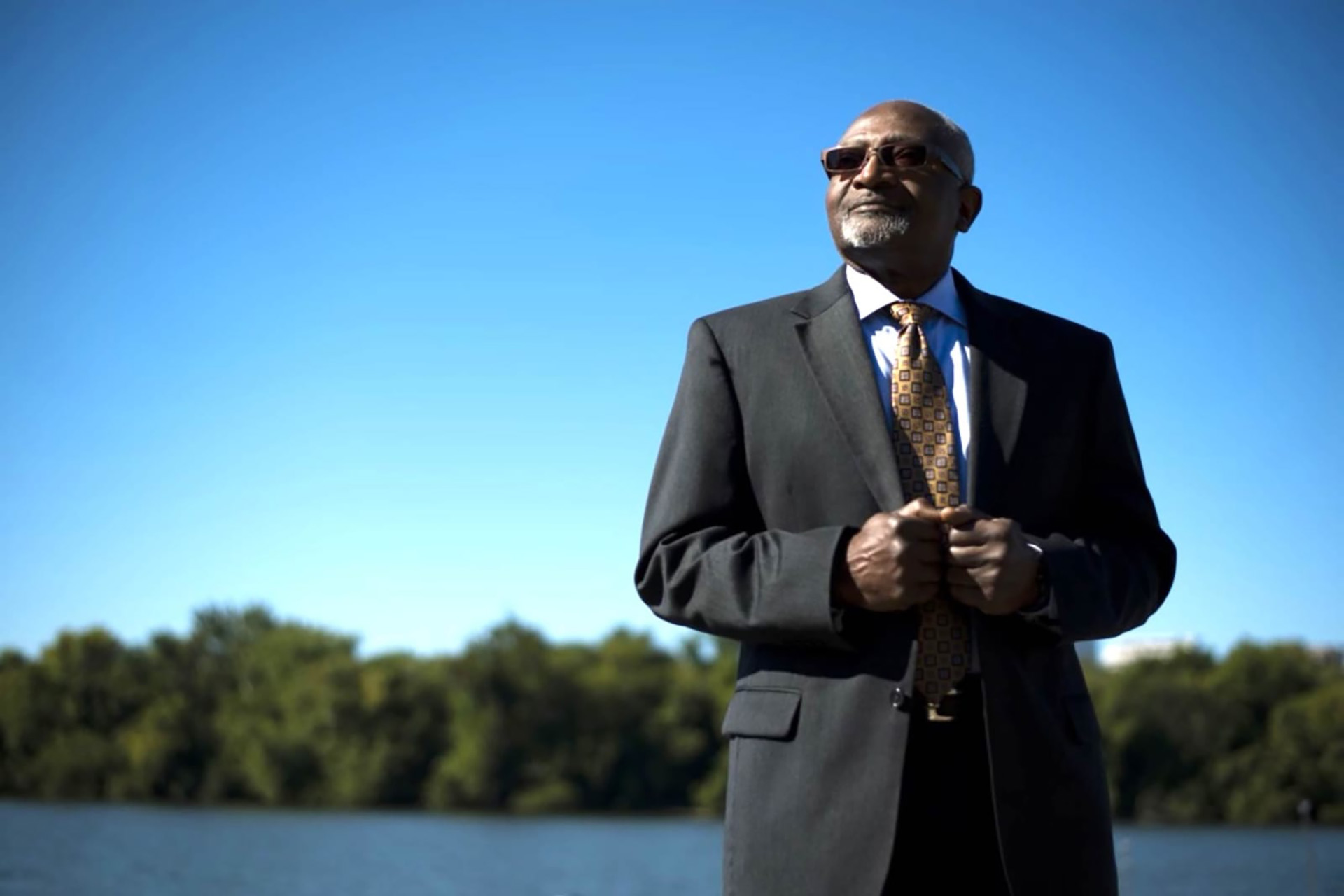4 Leaders to Follow for Black Futures Month
February 27, 2024
Black scientists, activists, academics, and leaders have been at the forefront of the environmental movement since its nascence. As the month of February—known as both Black History and Black Futures Month—comes to a close, we are highlighting a few of these leaders for their work to create a brighter and more just future for people and nature. From environmental justice (EJ) to climate advocacy, these leaders are committed to creating lasting change for people and the environment.
Dr. Beverly Wright, Founder and Executive Director of the Deep South Center for Environmental Justice
Dr. Beverly L. Wright is a scholar, advocate, author, civic leader, professor of sociology, and the Founder and Executive Director of the Deep South Center for Environmental Justice (DSCEJ), the first-ever EJ center in the United States. Under the Biden administration, Dr. Wright was appointed to the White House Environmental Justice Advisory Council (WHEJAC), where she advises on how the federal government can address current and historic environmental injustices.
Born and raised in New Orleans, Dr. Wright has a lifetime of experiencing and witnessing the polluting effects of Cancer Alley–an 85-mile stretch of land between Baton Rouge and New Orleans that is home to over 150 petrochemical plants and refineries. Through decades of research and community organizing, she found the effects of polluting industries were only made worse by the absence of community input.
She developed the “communiversity model”, a partnership between communities and universities that integrates community concerns and real-life experiences into research and policymaking, as well as the first-ever EJ map, which shows the connection between race and pollutants and became the basis for how the EPA determines an EJ community to be eligible for funding.
Vic Barrett, Youth Climate Activist
When it comes to youth advocacy, climate activist Vic Barett stands out from the crowd. Hailing from New York City, Barrett first felt the harmful effects of climate change—notably rising sea levels and flooding from storms—from a young age, when Hurricane Sandy struck.
His advocacy began with Global Kids, an organization that promotes leadership skills in youth, followed by a fellowship with the Alliance for Climate Education. At just 15, he spoke at the COP21 UN Conference on Climate Change.
In 2015, Barrett took on the federal government when he joined the historic Juliana v. United States lawsuit as a plaintiff. This still-ongoing case seeks to sue the government for violating the constitutional rights of young people by allowing the combustion of fossil fuels and dangerous levels of carbon dioxide emissions. Through his involvement in the case, by speaking on the global stage, and by organizing his peers in climate campaigns, Barrett has helped to spark a global conversation around the urgency of climate change and its effects on vulnerable communities.
Rev. Mariama White-Hammond, Chief of Environment, Energy, and Open Space for the City of Boston
Hailing from Boston herself, Reverend Mariama White-Hammond is the City of Boston’s Chief of Environment, Energy, and Open Space. Since her appointment in 2021, she oversees policy and programs on energy, climate change, sustainability, historic preservation, food justice, and open space.
Over the course of her time with the City of Boston, she has supported amending City ordinances to create carbon targets for existing large buildings and convened a green jobs program.
White-Hammond embraces an intersectional approach to her work, highlighting connections between immigration and climate change, as well as economic justice and energy policies. Her leadership reflects a commitment to environmental justice and community resilience.
Dr. Robert D. Bullard, Founder of the Bullard Center for Environmental & Climate Justice
Scholar, writer, and activist Robert Bullard is widely considered the “Father of the Environmental Justice Movement.” He was the first person to systematically detail the correlations between race and exposure to environmental hazards.
Bullard emerged as a key figure in the 1980s and 1990s with his influential book Dumping in Dixie: Race, Class, and Environmental Quality, which introduced the concept of EJ. This work, the first of Bullard’s 18 book publications, shed light on how environmental racism impacts marginalized communities.
He is the founding director of Texas Southern University’s Robert D. Bullard Center for Environmental and Climate Justice and has been an unwavering force in reshaping environmental discourse to include the concepts of environmental racism and justice through his scholarship and advocacy.
Growing Future Environmental Leaders
Mass Audubon is investing in building the environmental leadership of tomorrow by expanding early career opportunities for young professionals with identities that have been historically underrepresented in the environmental and conservation fields.
Learn more about our Early Career Programs and, if you're a college student or recent graduate, submit an application for the Environmental Fellowship Program or Massachusetts Climate Corps by March 15 to be considered for the 2024–2025 program cycle.
Stay Connected
Don't miss a beat on all the ways you can get outdoors, celebrate nature, and get involved.



